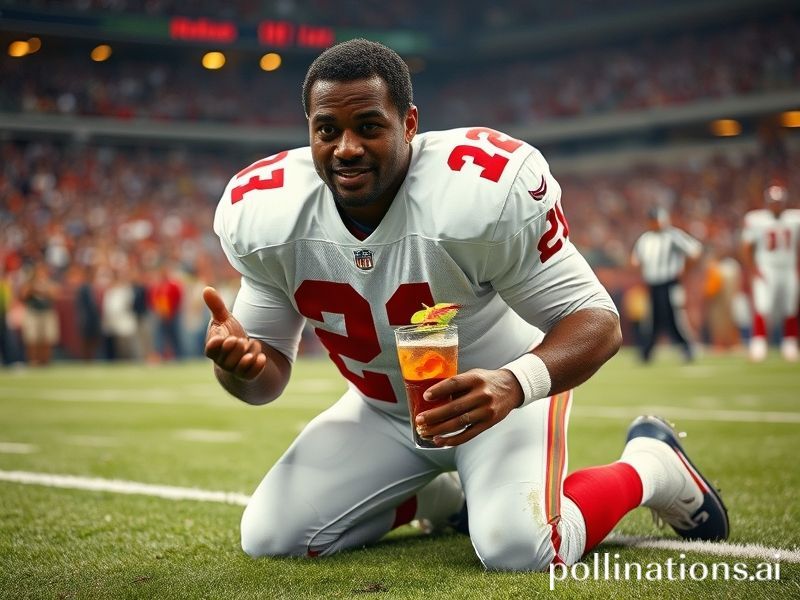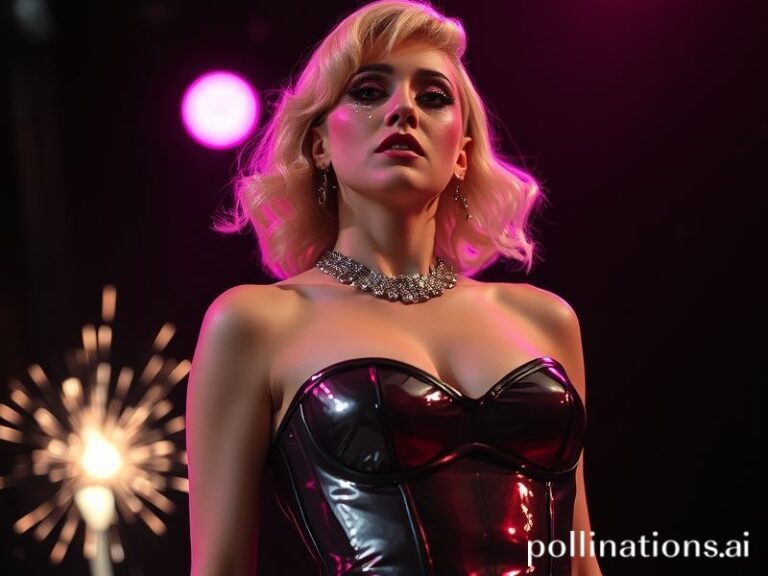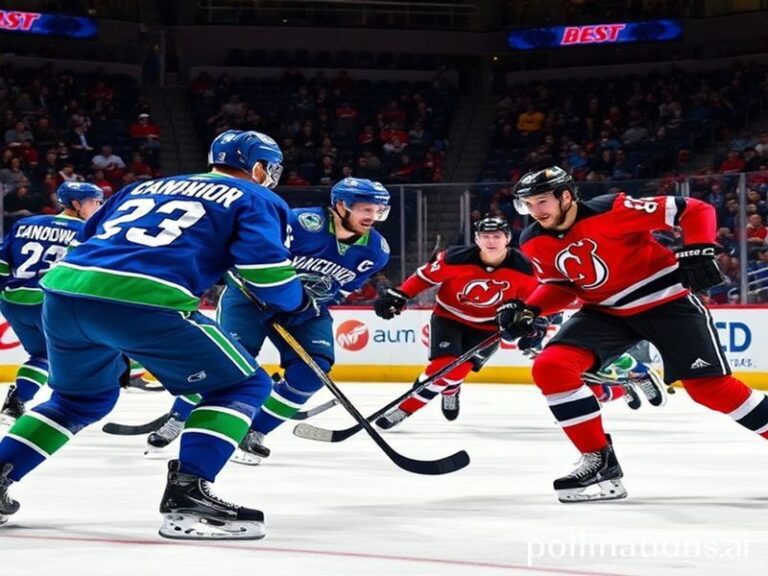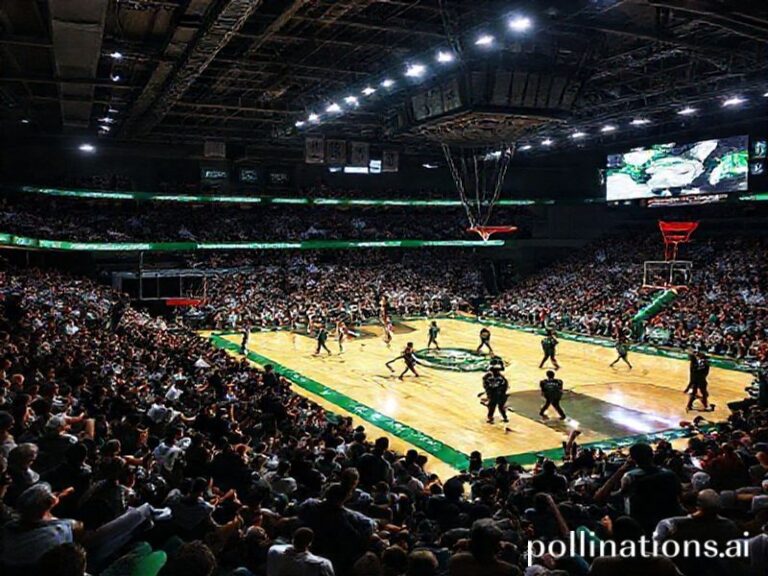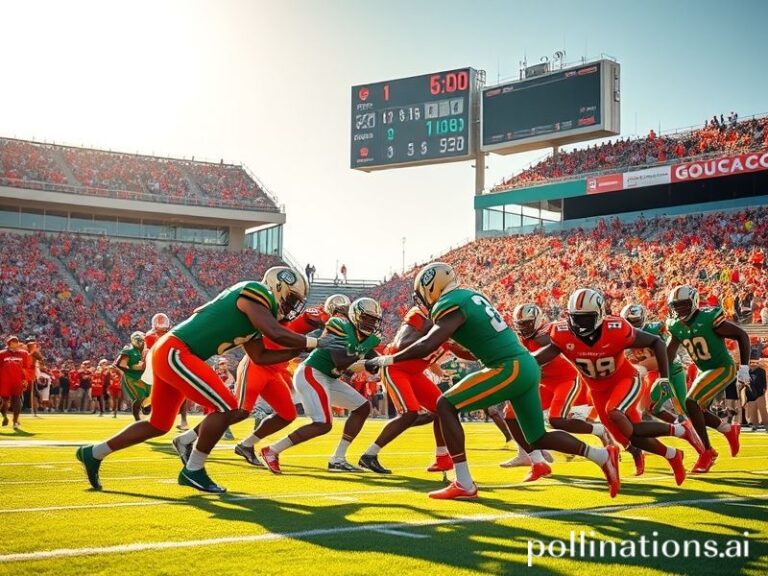Tiki Barber: The International Man of Post-Fame Mystery and Why the World Shrugs
The Curious Case of Tiki Barber: How a Former NFL Star Became a Global Metaphor for Second Acts Gone Sideways
In a world where the phrase “pivot to media” has become the international equivalent of “I’m writing a screenplay,” Tiki Barber stands as a cautionary monument—equal parts athletic marvel and late-capitalist punchline. Once the pride of the New York Giants’ backfield, Barber has spent the last decade morphing from fleet-footed running back into the human embodiment of every LinkedIn humble-brag that begins, “After leaving my Fortune 500 role, I discovered my true passion…” Which, in Barber’s case, appears to be podcasting, daytime TV punditry, and the occasional entrepreneurial face-plant so spectacular it can be seen from Luxembourg.
To non-Americans, the name “Tiki Barber” lands somewhere between exotic cocktail garnish and discount airline. Yet his post-gridiron odyssey is weirdly universal: the moment when a national hero discovers that fame, like cheap tequila, doesn’t travel well across borders. In France they shrug; in Singapore they never heard of him; in Nigeria he’s just another retired athlete hawking vitamin water on Instagram. The global takeaway? Celebrity is a domestic currency with a lousy exchange rate.
Barber’s 2006 retirement—strategically timed to avoid further cranial concussions—was heralded stateside as genius. Abroad, it read like a Monty Python sketch: a man at peak earning power voluntarily cashing out to become… a correspondent on the Today Show. Europeans, who regard American football the way Americans regard cricket, simply assumed NBC had hired a well-coiffed crash-test dummy to explain the rules. Meanwhile, in Japan—where ex-sports stars become reverent television deities—producers scratched their heads: “He doesn’t sing, he doesn’t dance, he just… talks? About sports? Pass.”
The pivot went downhill faster than a Tokyo bullet train. By 2010, Barber was guest-starring on Celebrity Apprentice, that quintessentially American gladiator arena where the washed-up battle for redemption in front of Donald Trump and a bemused German camera crew. Finishing 8th out of 14 was less a comeback than a participation ribbon soaked in flop-sweat. International viewers watched with the detached horror of tourists witnessing Times Square Elmo remove his head.
Undeterred, Barber tried radio. His show “Tiki & Tierney” airs on WFAN, a New York AM station whose signal barely reaches Staten Island, let alone the Eastern Seaboard. Yet Spotify lists it in 47 countries, mostly because algorithms confuse “Tiki Barber” with actual tiki bars, serving up his hot takes between ukulele covers of “Margaritaville.” In Manila, commuters assume he’s a mixologist; in Oslo, he’s background noise for assembling IKEA furniture. Such is the fate of micro-celebrity in the algorithmic age: your voice travels farther than your relevance.
There is, of course, a darker geopolitical subplot. Barber’s failed business ventures—remember Thuzio, the “Airbnb for athletes”?—mirror every Silicon Valley unicorn that galloped straight into the glue factory. Investors from Dubai to Dublin poured millions into platforms promising to “democratize access to sports icons,” only to discover the average consumer would rather Venmo $50 to their cousin than pay to golf with a retired cornerback. The collapse of such ventures is globalization’s version of karma: capital flows in, egos inflate, then everyone blames the Fed.
Yet Barber persists. He now hosts a wellness podcast, co-owns a cannabis startup, and pops up on cable news like a prairie dog of banal insight. The international viewer, channel-surfing at 3 a.m., sees only another American trying to monetize the mid-life crisis in real time. It’s comforting, in a way: while supply chains snap and democracies wobble, Tiki Barber remains our constant—forever hustling, forever hawking, forever one pivot away from relevance.
In the end, perhaps that’s the true global significance. Barber isn’t just a former athlete; he’s a living, breathing LinkedIn profile. And if that isn’t the most terrifyingly universal symbol of our age, I don’t know what is.

